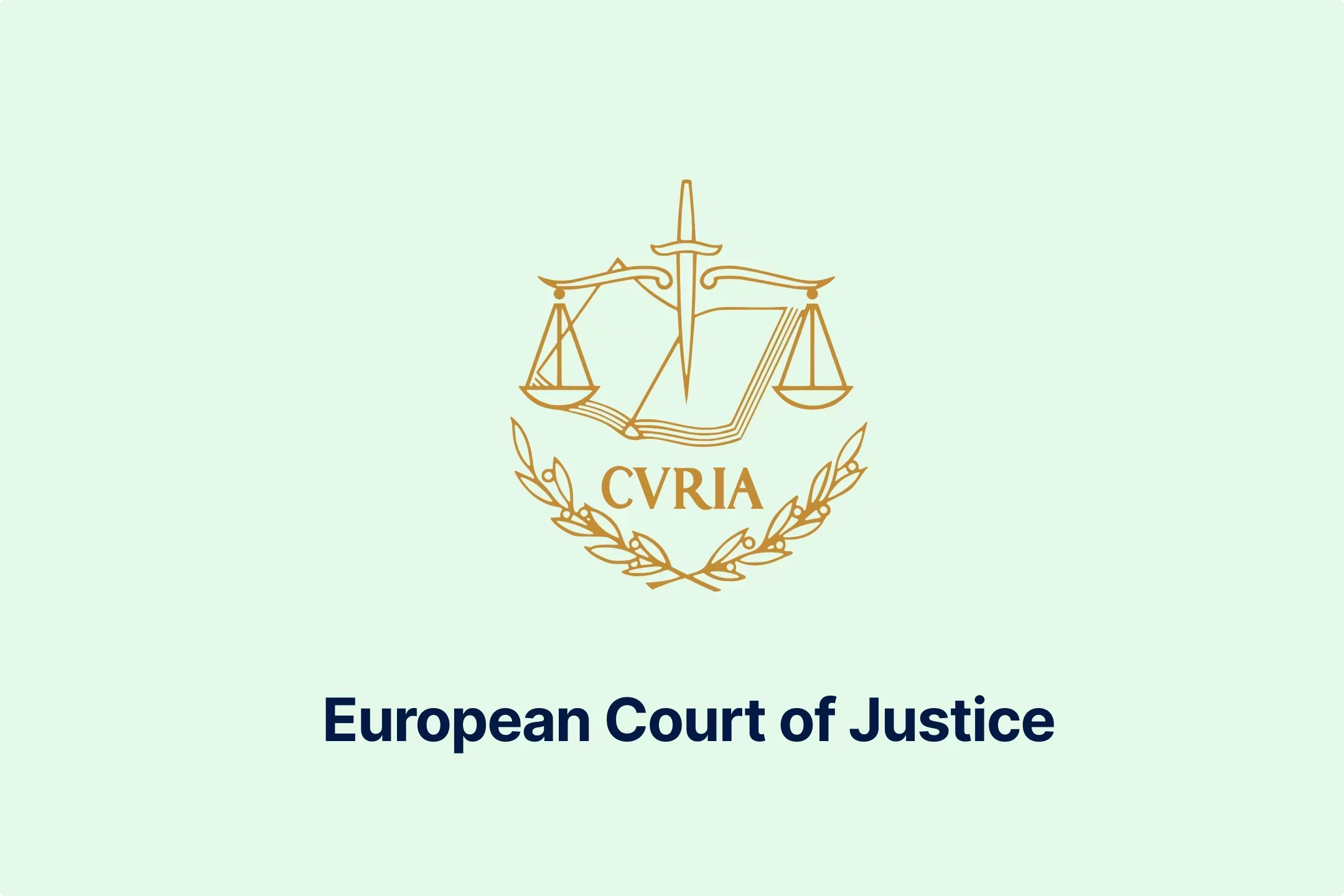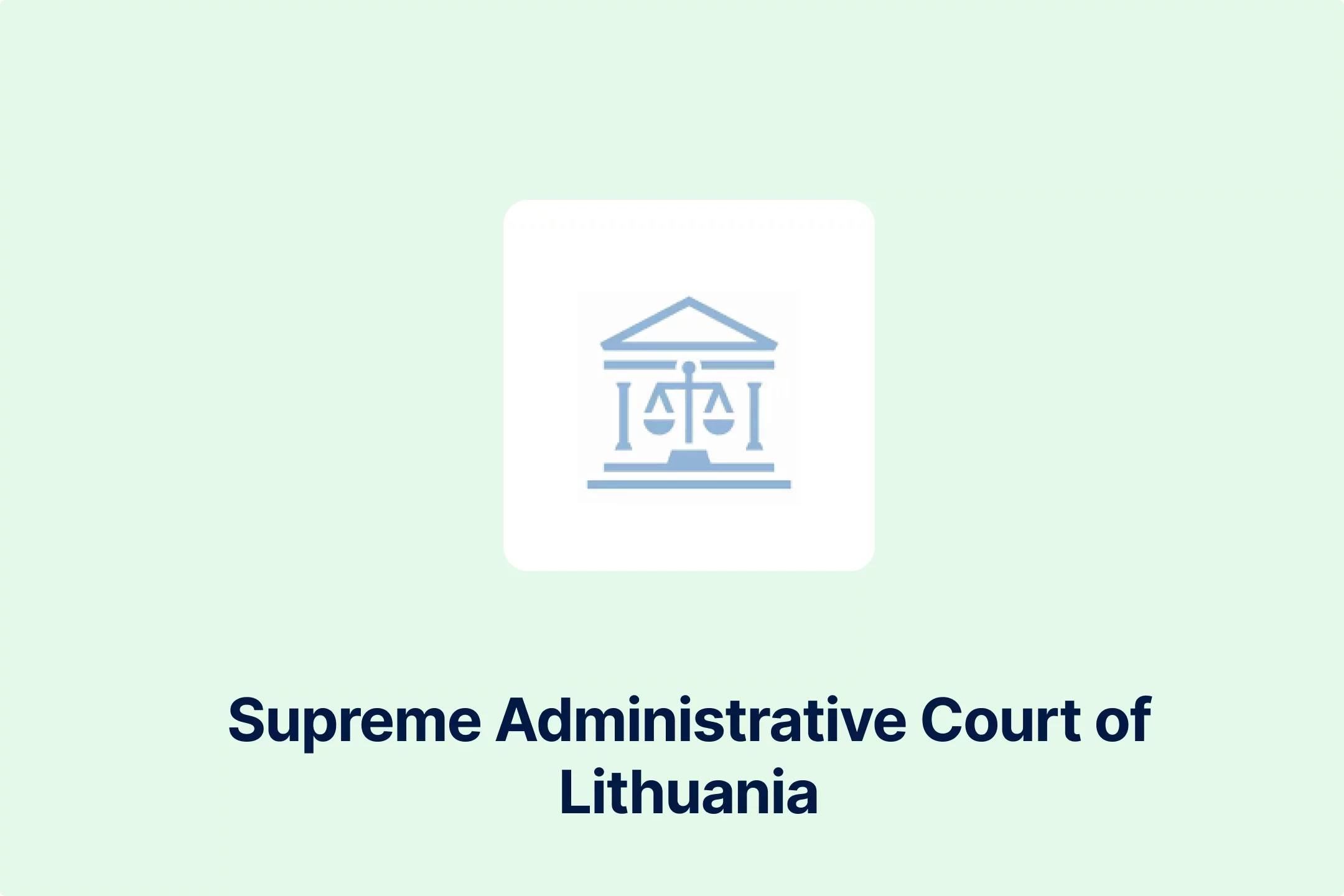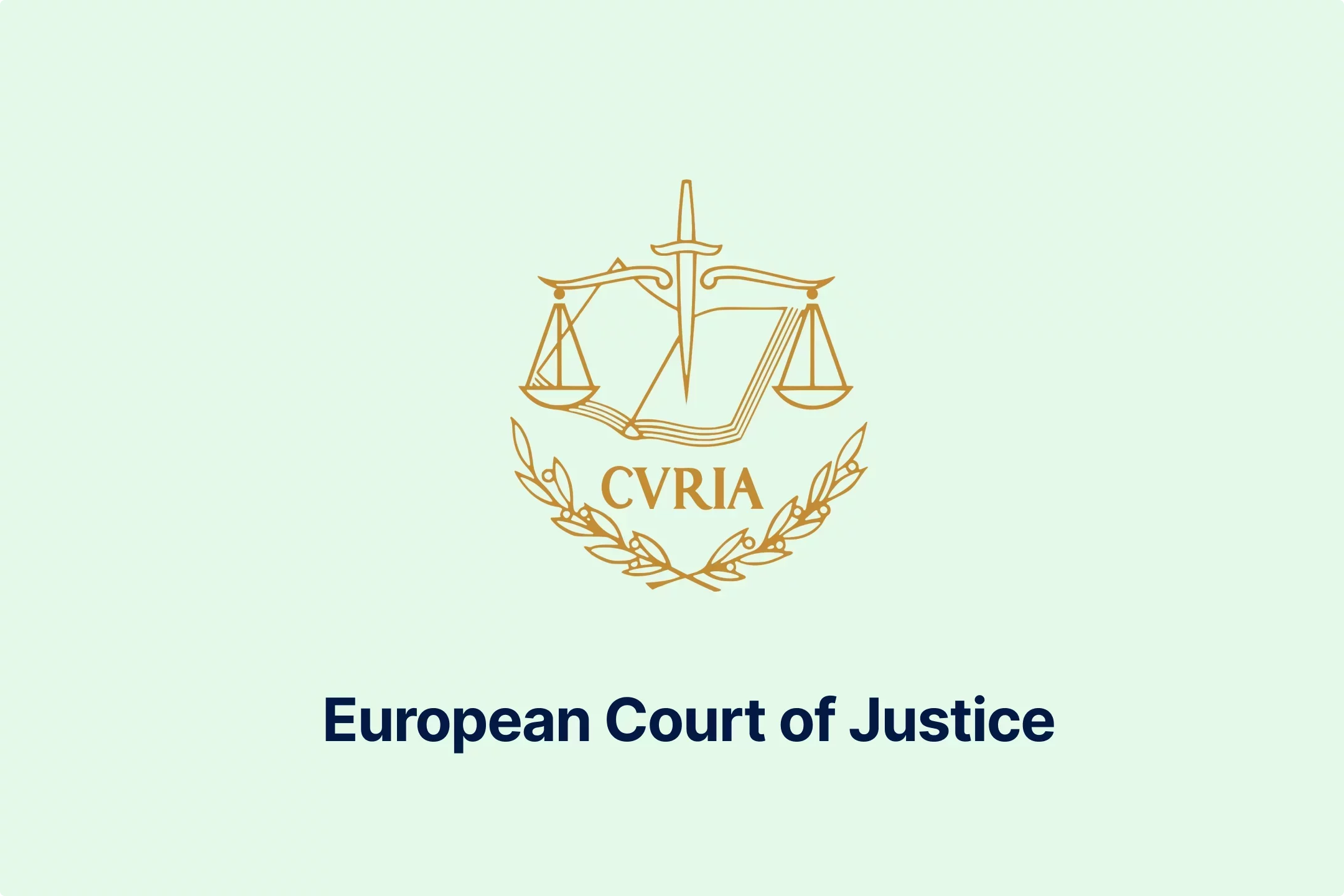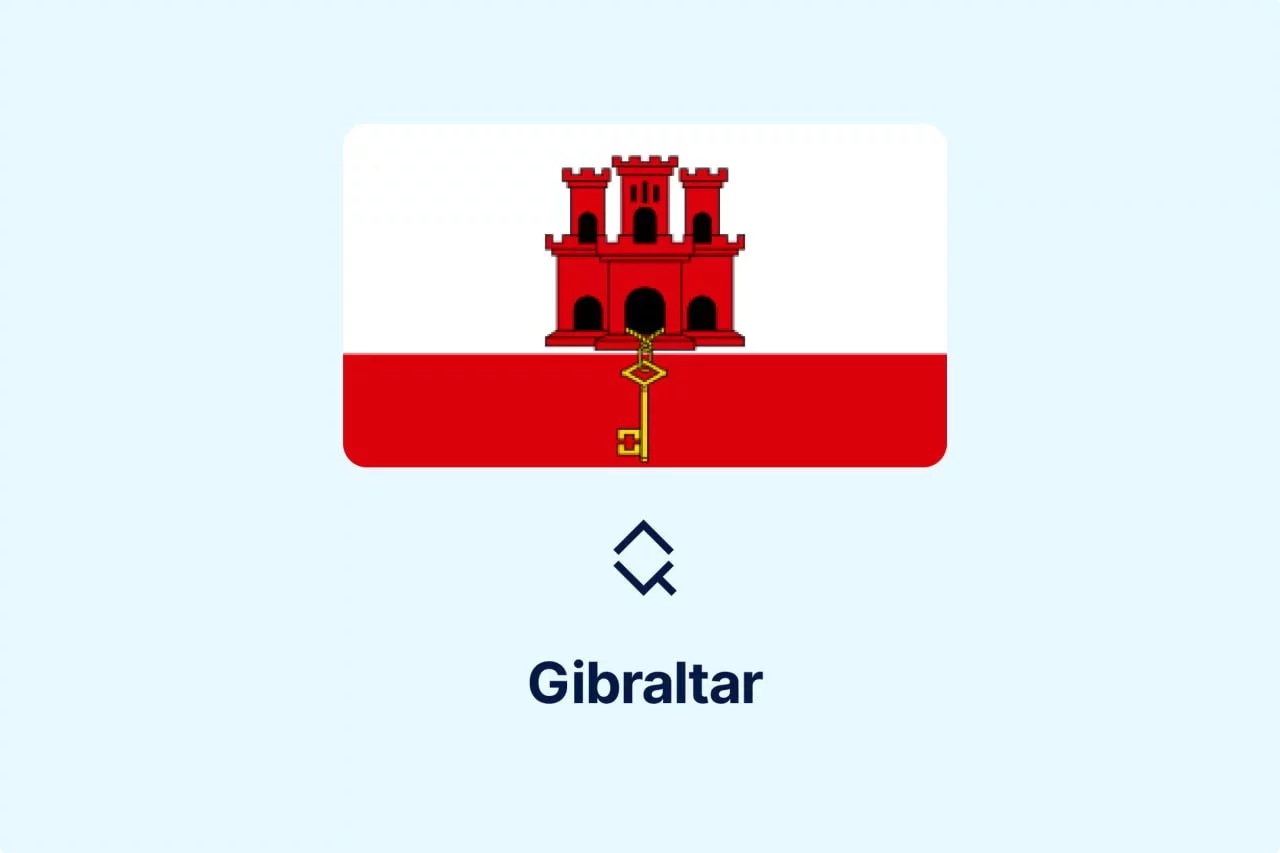ECJ Case - Decision on Abuse of Right on VAT Exemption in Croatia (C-171/23)

ECJ Case C-171/23 refers to the dispute between the Croatian-based restaurant company UP CAFFE LLC and the Ministry of Finance of Croatia regarding the Croatian Tax Administration (CTA)'s decision to deny UP CAFFE the right to benefit from the VAT exemption regime.
This was because CTA concluded that the UP CAFFE was established to abuse the right to be VAT-exempt, thus requesting that the UP CAFFE pay the due VAT and interest. Wanting to overturn this decision in court, the UP CAFFE initiated the dispute before the Croatian Administrative Court in Zagreb (Administrative Court).
Due to deficiencies in the national regulations, the Administrative Court requested a preliminary ruling from the European Court of Justice (ECJ).
Background of the Case
In October 2018, the CTA issued a tax notice to UP CAFFE LLC, requesting the payment of the VAT due from January 1 to July 31, 2018. The due VAT was around EUR 18,000, and interest of around EUR 320 was also imposed on UP CAFFE for late payment.
The CTA explained and justified its decision based on the results of the tax investigation. It was concluded that the UP CAFFE was established as part of tax planning to continue benefiting from the VAT exemption regime provided by the Croatian VAT Law, which was, up until that point, applied to the SS-UGO LLC, another Croatian-based company operating in the hospitality sector.
Disagreeing with the CTA findings and requested amounts for due VAT and interests, the UP CAFFE disputed the legality of the notice before the Administrative Court. The Administrative Court concluded that the national provisions regarding the abuse of rights for which the company charged and penalized were adopted and in force after the tax period in question. Furthermore, the Administrative Court stated that the Constitution of Croatia prohibits such a retroactive application.
Nevertheless, the question of whether the CTA can apply European Union (EU) law relating to the prohibition of abuse to justify such taxation remained. Due to the uncertainty on how to decide on this matter, the Administrative Court decided to submit a request for a preliminary ruling to ECJ.
Main Questions from Request For Ruling
The Administrative Court only requested a preliminary ruling on whether EU law grants the right to national courts and governing bodies of EU Member States to identify VAT liability when it is apparent that VAT evasion was committed, even if the national law does not directly require such an assessment.
The question further states that the stated VAT evasion is committed by forming a new company to continue the taxable business activities of the already established company, where the taxpayers knowingly used the lack of national rules to participate in an activity aimed at evading the VAT.
Applicable EU VAT Directive Article
Two EU VAT Directive articles are essential for this case. The first is Article 285, which allows certain EU Member States to exempt small businesses with annual turnover of up to EUR 5,000 from VAT. Those EU Member States are the ones that did not apply the exemption option in the 1967 Directive under Article 14.
The second important article from the EU VAT Directive is Article 287, which defines which EU Member States can exempt taxable persons from VAT and under which circumstances. Point 19 of the stated article grants Croatia the right to exempt taxable persons from VAT if their annual turnover does not exceed the EUR 35,000 threshold.
However, this was later changed by Article 1 of Council Implementing Decision (EU) 2017/1768 of September 25, 2017 (Implementing Decision 2017/1768), which set the threshold equivalent in Croatian national currency at EUR 45,000. This change became effective on January 1, 2018.
Croatia National VAT Rules
Article 90 of the Croatian VAT Law in force at that time contains the central provision relating to this issue. The article allowed small businesses based in Croatia to be exempt from VAT if their annual turnover does not exceed the HRK 300,000 (around 39,000) threshold.
Importance of the Case for Taxable Persons
Considering the question in place and the EU and national legislation, this case represents an essential interpretation of EU and Croatian VAT rules for taxable persons subject to small businesses VAT exemption regime.
This case can interest businesses that benefit from Croatia's VAT exemption regime. It highlights the risk associated with the potential abuse of VAT exemptions and points out the importance of conducting thorough due diligence related to tax planning strategies.
Moreover, this case provides insight into how businesses can use the lack of regulations to their advantage and how EU VAT legislation enables the Croatian national court to end those practices.
Analysis of the Court Findings
The ECJ concluded that Article 285 of the EU VAT Directive is irrelevant to deciding this case, whereas Article 287 point 19 and Implementing Decision 2017/1768 are relevant. Furthermore, the ECJ noted that even though the raised question refers to VAT fraud, the case presented refers to the prohibition of abusive practices.
With this statement, the ECJ concluded that the question raised is whether the EU VAT Directive, based on the principle prohibiting abusive practices, should stop a company from taking advantage of VAT exemptions when it’s clear that the company was formed with a fraudulent purpose, that is to evade or avoid VAT.
Under the EU VAT regulations, rights provided to taxable persons must not be used fraudulently, and national courts are responsible for determining whether some of the rights are abused. With that in mind, it is up to the Administrative Court to decide if the CTA correctly determined that the UP CAFFE was established with a fraudulent purpose: to abuse the right to VAT exemption.
The ECJ further stated that if a company was established to benefit from VAT exemption on taxable activities previously provided by another company, in a situation where the previously established company no longer met the conditions for being exempted, approving such a benefit would be in contrast with the reasons why such a benefit was introduced in the first place.
Therefore, national courts and governing bodies have the right to decline the right to VAT exemption when it is apparent that this right has been abused.
The ECJ also added that national courts are responsible for interpreting national laws following the VAT Directive, even if they do not contain specific provisions against the abuse of rights. The Administrative Court should determine whether national laws have rules against the abuse of rights. Nevertheless, national courts can deny VAT benefits if no such restrictions exist, but the abuse of rights is evident.
Courts Final Decision
With all the facts presented and citing previous cases similar to this one, the ECJ concluded that if it is apparent that one company is established to benefit from a VAT exemption regime previously approved for another company, that represents an abuse of rights.
Therefore, following the principle of prohibition of abuse, national courts and governing bodies can deny such a right, even if national legislation does not contain restrictive provisions.
Conclusion
The ECJ's decision and interpretation of EU VAT rules put the principle of prohibition of abuse above the lack of restrictive provisions. The provided ECJ ruling allows national courts and governing bodies to deny their taxable persons particular rights, in this case, the right to be VAT exempt, if such right is abused.
However, the burden of proving that rights were abused lies on the CTA in this case. Only if the Administrative Court is sure that the CTA has proven that there is abusive behavior from UP CAFFE can the right to be VAT exempt be denied.
Source: European Court of Justice - Case Case C-171/23, EU VAT Directive, Council Implementing Decision (EU) 2017/1768
Featured Insights

Burkina Faso FEC E-Invoicing Mandatory July 2026
🕝 February 24, 2026More News from Europe
Get real-time updates and developments from around the world, keeping you informed and prepared.
-e9lcpxl5nq.webp)




-zzrhegqsyq.webp)

-ulcnia30z1.webp)



-3rcczziozt.webp)

-rvskhoqpms.webp)




-a5mkrjbira.webp)

-ivkzc1pwr4.webp)




-hssrwb5osg.webp)



-c06xa1wopr.webp)









-webajrr4ny.webp)
-evibmwdwcn.webp)
-7acdre0hop.webp)

-lcgcyghaer.webp)
-ol6mdkdowg.webp)
-aqdwtmzhkd.webp)

-njgdvdxe2u.webp)



-i6rki3jbad.webp)
-hdwgtama05.webp)

-atbhy5fyxv.webp)






-zp2n6zixoa.webp)
-oa1ynbm4sn.webp)


-lltkno6txy.webp)



-do38odrqnq.webp)

-t409oldqzt.webp)

-hordopb6xh.webp)

-ooimnrbete.webp)

-lwb5qpsily.webp)


-eumafizrhm.webp)

-mtqp3va9gb.webp)

-3ewrn1yvfa.webp)
-591j35flz2.webp)

-huj3cam1de.webp)


-hafis0ii23.webp)

-qseaw5zmcy.webp)



-qzsah2ifqx.webp)


-69rzooghib.webp)
-wrvng98m0g.webp)


-psucycuxh2.webp)
-klyo8bn5lc.webp)




-6wv5h5eyyd.webp)
-tfgg78rbid.webp)
-a6jpv9ny8v.webp)
-qhdbapy0qr.webp)


-owvu7zoc13.webp)


-h28jrh1ukm.webp)

-wl9bl1rw3a.webp)

-2w76jtvtuk.webp)

-c0uvrmrq9j.webp)



-pofe7ucwz3.webp)



-5cc23ezxyf.webp)
-rrmabbekeb.webp)








-iyyeiabtaf.webp)
-c8rbjkcs01.webp)
-nilkffjhah.webp)

-hikakq55ae.webp)

-z1d60bldtg.webp)
-d1a0q6n7mp.webp)
-viip8nvoeh.webp)
-bvv1otliox.webp)



-de8hdb1bn3.webp)
-7xsxxoypnx.webp)

-cm0opezg73.webp)
-0tovsdupmi.webp)
-subxdamdj6.webp)


-gly6ablwnh.webp)
-gkduqhwbzh.webp)
-qpe1ld9vcj.webp)
-8noukwsmba.webp)
-aka29tuhkt.webp)


-fisvs27yrp.webp)


-mp0jakanyb.webp)

-aivzsuryuq.webp)



-o7f4ogsy06.webp)

-zjja92wdje.webp)
-hrbhdts8ry.webp)
-qtdkwpgkug.webp)


-cf8ccgah0p.webp)
-0em3cif5s6.webp)






-ptzesl0kij.webp)

-tfzv42pyms.webp)







-uodv7sfbih.webp)
-bbrdfmm9qf.webp)



-m2tl8crfqr.webp)




-1awbqjgpjs.webp)
-avbjsn1k1g.webp)


-0h8ohkx6s0.webp)



-wfmqhtc7i6.webp)
-7wljbof2zo.webp)

-eqt97uyekl.webp)
-wzw9mcf563.webp)

-z4oxr6i0zd.webp)




-l0zcrrzvhb.webp)
-fhtic1pwml.webp)

-iipdguuz9p.webp)
-nkhhwrnggm.webp)
-pltqwerr3w.webp)

-nn6mtfbneq.webp)

-tmnklelfku.webp)



-8z1msbdibu.webp)
-7g16lgggrv.webp)



-lxcwgtzitc.webp)
-9mc55kqwtx.webp)


-xla7j3cxwz.webp)
-jrdryw2eil.webp)






-t9qr49xs2u.webp)


-qjopq5jplv.webp)



-vune1zdqex.webp)

-qsozqjwle2.webp)
-rgjta7iwiv.webp)

-zb6bxxws47.webp)
-lyfjzw4okp.webp)

-ogpfmol5m1.png)


-czisebympl.png)

-zetvivc79v.png)
-ud7ylvkade.png)
-qizq6w2v5z.png)







-ihr6b4mpo1.webp)
-k1j4au0ph6.webp)
-swxxcatugi.webp)


-ig9tutqopw.webp)

-tauoa6ziym.webp)

-spr0wydvvg.webp)

-xfuognajem.webp)





-u2nv5luoqc.webp)








-opuxpan2iu.webp)




-kwttsfd8ow.webp)
-8u14qi10nj.webp)

-wjpr96aq5g.webp)

.png)

.png)


.png)


.png)



.png)
.png)
.png)
.png)
.png)

.png)
.png)




.png)
.png)



































































































































